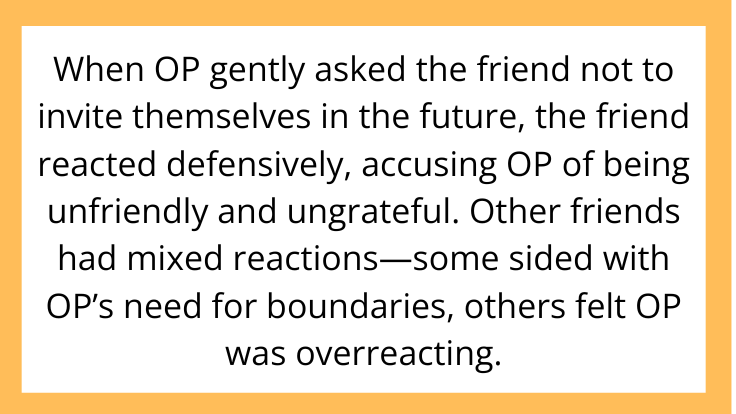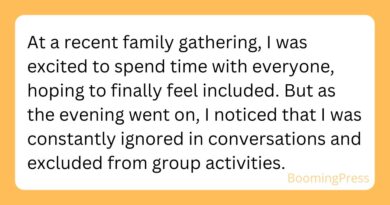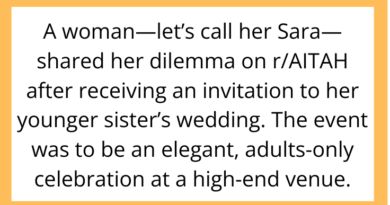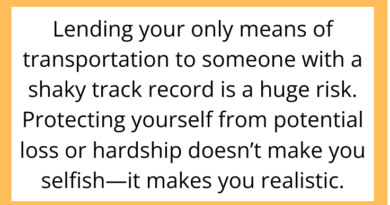AITAH for Confronting My Friend After They Invited Themselves to My Family Dinner?
Friendships often come with unwritten rules about respect and boundaries, but sometimes those lines get blurred. A recent post on r/AITAH asked whether it was wrong to confront a friend who showed up uninvited to a private family dinner. This sparked a debate about social etiquette, respect for privacy, and how to handle uncomfortable situations with loved ones.
In this blog post, we’ll explore the dynamics behind such conflicts, why setting boundaries is important, and how to communicate feelings without damaging relationships.
The Situation: When a Friend Crosses the Line

The original poster (OP) described hosting a small, intimate family dinner to celebrate a milestone. A close friend unexpectedly arrived, bringing along extra guests and staying much longer than anticipated. OP felt their space was invaded and the atmosphere changed.
When OP gently asked the friend not to invite themselves in the future, the friend reacted defensively, accusing OP of being unfriendly and ungrateful. Other friends had mixed reactions—some sided with OP’s need for boundaries, others felt OP was overreacting.
Why Respecting Invitations Matters

Invitations are social agreements that respect the host’s comfort and plans. When someone shows up uninvited, it can cause:
-
Disruption of plans: Hosts often prepare food and seating for specific numbers.
-
Violation of privacy: Family events can be personal and not open to outsiders.
-
Emotional discomfort: Unexpected guests can make hosts and other guests uneasy.
Clear boundaries help maintain trust and respect in friendships and family relationships.
How to Address Boundary Crossings with Friends

Confronting a friend about their behavior can feel awkward but is often necessary. Consider these approaches:
-
Use “I” statements: Focus on how the situation made you feel instead of blaming.
-
Be specific: Explain what crossed the line and why it was hurtful.
-
Offer solutions: Suggest how future events can be handled to avoid discomfort.
-
Listen: Allow your friend to share their perspective and feelings.
Open, honest dialogue can prevent resentment and preserve friendships.
Handling Mixed Reactions from Others

Not everyone will understand or agree with your boundaries, especially if they value social openness. It’s important to:
-
Stand firm in your feelings without being defensive.
-
Acknowledge differing viewpoints respectfully.
-
Prioritize your well-being and comfort.
Final Thoughts: Balancing Friendship and Personal Space

Confronting a friend who invites themselves to private events is not being “the bad guy.” It’s about respecting your own needs and maintaining healthy relationships. Friendship thrives when both parties feel valued and boundaries are honored.



